We asked Sarah Charlton co-Founder of BlueSky Legal Finance Solutions and Executive Council member of The Institute of Legal Finance & Management (ILFM) to share her thoughts on financial compliance due diligence during an M&A transaction.
So, you are ready to make the leap and embark on a merger and/or acquisition! You feel like you’ve had all the right people involved to deliver sufficient due diligence and ensuring that it’s the right match for you. But have you considered the financial compliance ‘health’ of the firm that you are about to merge/acquire? Often this can be an area that is overlooked which could result in a compliance headache, or worse still, a report for non-compliance to the SRA. Here are some areas to consider.
Does the firm have a month end financial compliance pack? If not, you may wish to raise the question around how the firm obtain regular visibility of their compliance with the SRA Accounts Rules. If it does then you should focus on a number of reports within this pack.
Unreconciled Items
A red flag here could be if you were only provided with a two-way bank reconciliation instead of a three way which is a requirement. Verify the balances contained within the three way reconciliation match the supporting paperwork, so all bank statements, cash book reports, and matter balances report. Take particular attention to the unreconciled items, especially any older unreconciled items such as unpresented cheques.
If you have unpresented cheques over six months old then this could be another red flag. Banks best practice is not to process cheques which are over 6 months old, but typically it is ‘best efforts’ so older cheques could still be presented and paid, which is why it is best practice that they are stopped once they reach 6 months old to ensure they can’t be honoured. Unreconciled items receipts more than a few days old or older unreconciled debits could be a sign of poor financial controls and/or a lack of financial compliance knowledge within the accounts department.
Aged Client Balances
You should review the client balances report and date of last movement. You want to make sure that you won’t be taking on a compliance nightmare which could take up a huge amount of time and potentially need you to report to the SRA if the firm you are acquiring hasn’t taken appropriate steps to deal with aged client balances effectively.
Despite the SRA making some changes to the rules in 2014 where they increased the amount from £50 to £500 before you need to gain approval from the SRA to donate the funds to charity. There are still a large number of firms who are struggling to deal with aged client balances. The SRA have been taking action against firms who haven’t been taking these balances seriously (SDT case - Carpenter Singh Solicitors).
It’s important that you understand the extent of the aged balances and what action is being taken. A firm with robust controls will have these balances under control, others taking action should have a list of the aged balances, showing the evidence or action taken to date, to try and return the funds the rightful owner. If this is the case, check actions are being taken on a regular basis, rather than being left to compound. Firms with aged balances and no action being taken is going to cause you a headache as you try to get these balances under control.
Remember there is also a requirement on matters which are substantially complete, to write on a regular basis (widely accepted as annually) to the rightful owner of any balances held to explain the reason why the funds are being retained. If there is no reason to retain funds they should be returned to the rightful owner promptly.
Charity Donations Central Register
This would be useful to identify how often funds are being donated to charity and therefore how often residue balances were dealt with. Have there been a large number of donations being made recently in an attempt to deal with aged client balances before a merger takes place? Could this have been done in an attempt to paint a better picture of the firm’s processes. Can you be sure they have taken all the reasonable steps to return the funds to the rightful owners, or could steps have been skipped from the process of ensuring funds are being paid to the rightful owner.
Using Client Account as banking facilities with no underlying legal transaction
This isn’t an easy area to review, however an experienced financial compliance team are likely to be able to pin point risk areas as well as filtering the closed and live matter ledger listing to look for common red flags. You should check the firms Finance policy to see what guidance and controls they have in place to ensure client account isn’t used as a bank account. Speak to the Finance team or cashier to ensure the processes described in the Finance policy are being enforced. Where controls are loose or no controls are in place. You could also use this as an opportunity to ascertain from the accounts staff what qualifications (such as the ILFM Diploma) the team may hold and/or any continuous financial compliance training that might have existed over the past six years.
The SRA have provided some guidance around what constitutes using client account as a bank facility. Often firms take the clients instructions and make payments to third parties for the clients convenience, which are unrelated to the underlying legal transaction. The clients convenience is not a legitimate reason and could mean they have been involved in money laundering or hiding assets.
BlueSky Legal Finance Solutions have a wealth of financial compliance knowledge and can assist you in a compliance health check to highlight areas of risk and concern, as well as developing a plan to get you on the right track.

Author: Sarah Charlton
Sarah has a BSc (Hons) in Applied Accounting and is a Fellow member of the Association of Chartered and Certified Accountants. Her career spans over 30 years working within the legal sector for both small and medium sized law firms, fulfilling roles from practice manager through to COFA. During her career she has worked with a number of legal regulators, professional bodies and government organisations.
Sarah has been a member of the Institute of Legal Finance & Management throughout her career, qualifying as a Fellow member in 2005. Sarah also served as chairperson between 2010-2012 and continues to serve as an Executive Council Member. Sarah was also a trainer, tutor and examiner having won the “Wilfred Owen” award for her dissertation of “Practice Management within a Law Firm”. Sarah has also received the “Aron Bowl” twice during her career for voluntary contributions to the profession.
Before starting a family in 2009 Sarah was an Army Reservist, having served overseas to include a number of operational tours: serving in Bosnia and Iraq where her financial management experience was utilised by the Coalition Provisional Authority.
Sarah thrives on opportunities to share her knowledge and experience with others whilst bringing value through improvements and efficiencies which led to the creation of BlueSky Legal Finance Solutions with her colleague James Wright. She is often referred to by her peers as the Mary Poppins of the profession!
Website: www.blueskylegalfinancesolutions.com
